Therapist & Psychiatrist Directory
Our expert therapists and psychiatrists can help individuals, couples, and families address a wide range of issues. In 8 offices and online throughout PA & NJ, our staff specializes in over 45 areas. Find the right fit for yourself.
Quick Search by Name:
Filter the results
Specialty
Therapy Type
Office Location
Online Therapy Locations
Age
Fee Range
Non-Traditional Hours
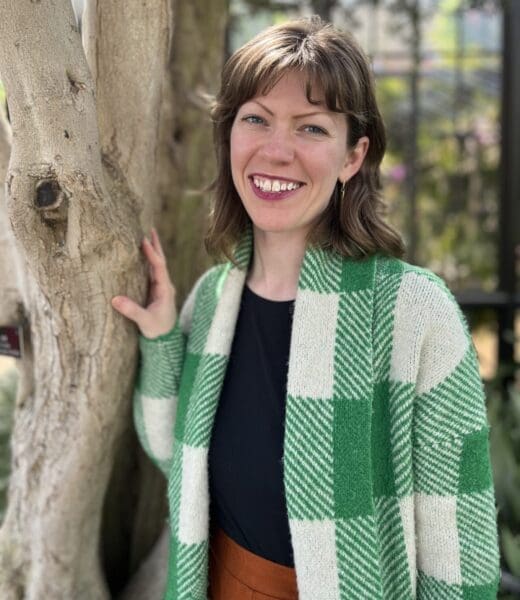
Amy Leonard, LMSW
Amy Leonard, LMSW
If you are feeling stuck, alone, or confused about yourself or your relationships, then therapy could be a helpful next step for you. I would love to help you explore…
Specialty Areas: Communication, Depression and Anxiety, Diversity Issues and Intermarriage, Grief, Loss, and Bereavement, Life Transitions, Relationship Issues, Self-Discovery/Self-Analysis, Stress, Trauma
View Profile
Gabrielle Hoang, MFT
Gabrielle Hoang, MFT
Hello! Navigating emotions, relationships, and the complexities of lived experiences can feel overwhelming. As a pre-licensed marriage and family therapist, I specialize in working with diverse individuals, couples, and families…
Specialty Areas: Affairs and Infidelity, Career Counseling, Depression and Anxiety, Diversity Issues and Intermarriage, Grief, Loss, and Bereavement, LGBTQ+ Affirming, Life Transitions, Men's Issues, Relationship Issues, Remarried/Blended Issues, Self-Discovery/Self-Analysis, Trauma, Veterans, Active Military, and Their Families, Women's Issues, Work/Life Balance
View Profile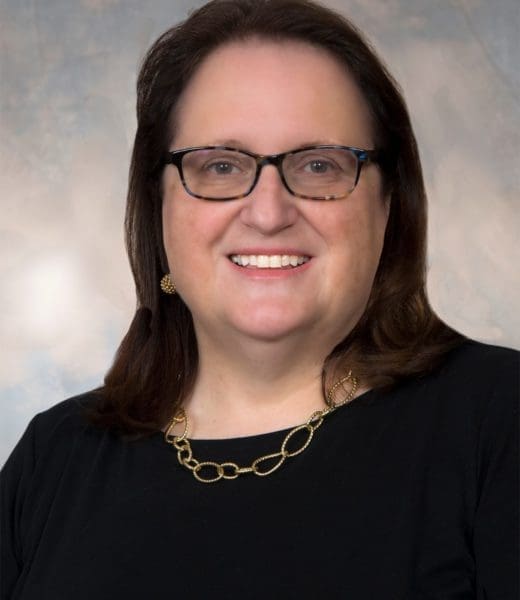
Ingeborg K. Damstra, MD
Ingeborg K. Damstra, MD
Dr. Damstra is board certified in both Adult Psychiatry and Child and Adolescent Psychiatry, and she sees child, adolescent, and adult patients. Much of her practice focus is on anxiety…
Specialty Areas: ADD and ADHD, Children with Special Needs, Depression and Anxiety, Parenting
View Profile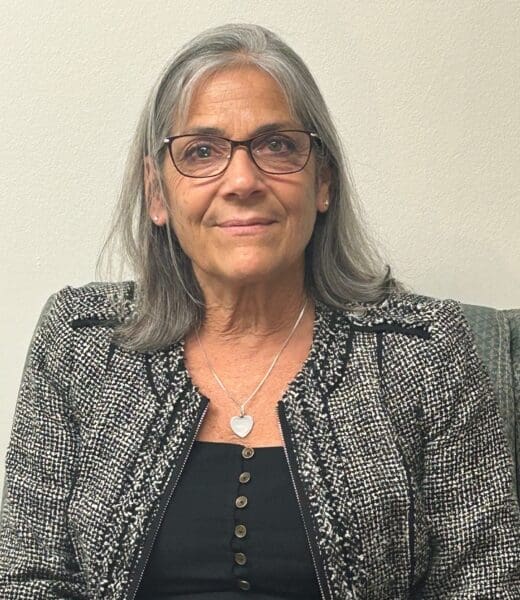
Priscilla Singleton, MSW, L...
Priscilla Singleton, MSW, LMFT, LCSW
Priscilla Singleton is a Licensed Clinical Social Worker and a Licensed Marriage and Family Therapist, a summa cum laude graduate of the Temple University Masters in Social Work program, a…
Specialty Areas: Adoption, Children with Special Needs, Divorce, Grief, Loss, and Bereavement, Parenting, Remarried/Blended Issues, Veterans, Active Military, and Their Families
View Profile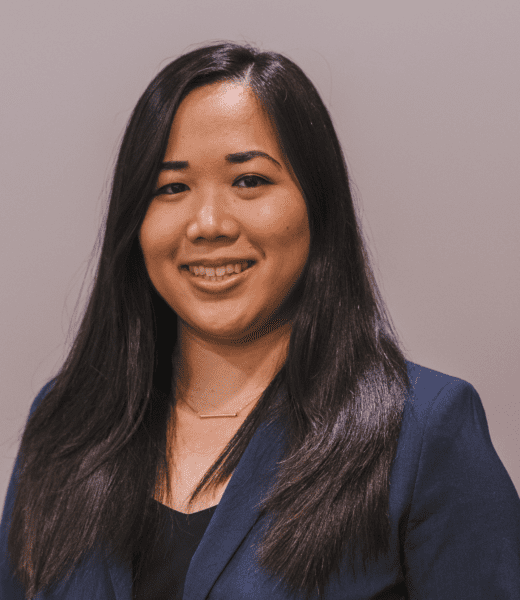
Jennifer Trinh, MD
Jennifer Trinh, MD
I am a board-certified psychiatrist who provides psychotherapy and evidence-based medication management with a comprehensive treatment approach. My aim is to listen and connect with my patients to help them…
Specialty Areas: ADD and ADHD, Depression and Anxiety, Diversity Issues and Intermarriage, Grief, Loss, and Bereavement, Life Transitions, Mood Disorders, OCD, Self-Discovery/Self-Analysis, Stress, Trauma, Women's Issues, Work/Life Balance
View Profile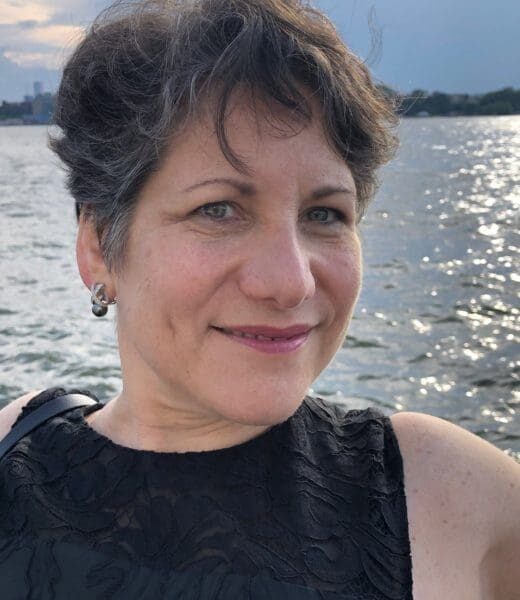
Margot Stein, LMFT
Margot Stein, LMFT
Margot Stein, LMFT completed the clergy track for post-graduate studies in marriage and family therapy. She is dedicated to helping individuals and families who are struggling with difference: autism, ADHD,…
Specialty Areas: ADD and ADHD, Children with Special Needs, Depression and Anxiety, Disabled People/People with Disabilities, Learning Disorders, LGBTQ+ Affirming, Parenting, Veterans, Active Military, and Their Families
View Profile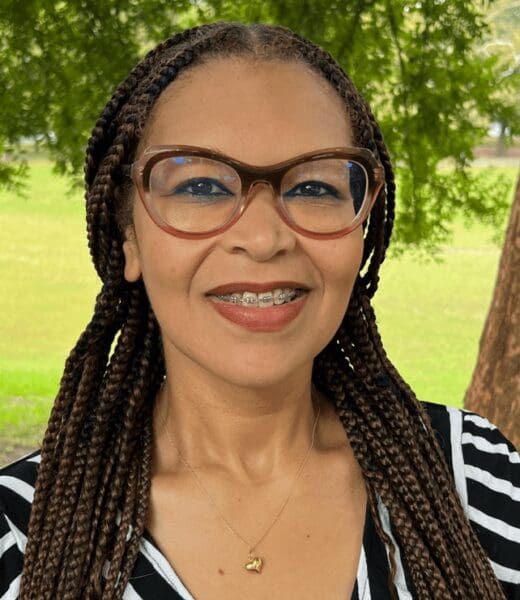
Bianca Williams, MFT
Bianca Williams, MFT
My practice experience must encompass feeling safe, supported, and free of judgment or “my way or the highway” thinking. My goal is to work collaboratively with you, showing up as…
Specialty Areas: Anger Management, Communication, Depression and Anxiety, Grief, Loss, and Bereavement, Life Transitions, Men's Issues, Relationship Issues, Self-Discovery/Self-Analysis, Stress, Trauma, Women's Issues, Work/Life Balance
View Profile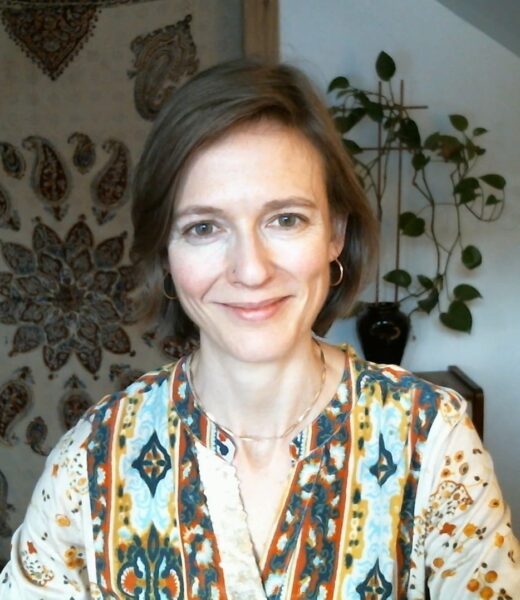
Anneliese Sorrentino, MSS, ...
Anneliese Sorrentino, MSS, LMFT
Life is both beautiful and hard, and our relationships (past and present) shape how we experience and navigate its many challenges, for better and for worse. Therapy offers a unique…
Specialty Areas: Chronic Illness, Depression and Anxiety, Grief, Loss, and Bereavement, Life Transitions, Post-Traumatic Stress Disorder, Relationship Issues, Self-Discovery/Self-Analysis, Stress, Trauma, Veterans, Active Military, and Their Families, Women's Issues, Work/Life Balance
View Profile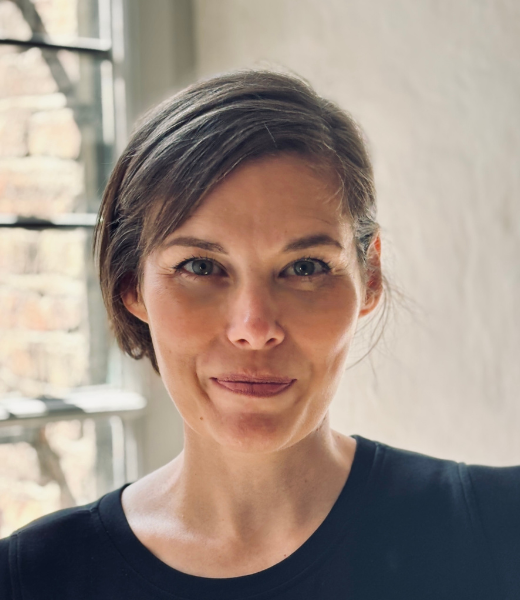
Jamie Rose, MAC, LMFT
Jamie Rose, MAC, LMFT
Jamie Rose is a dedicated professional specializing in systemic and integrative counseling for individuals, couples, and families. With a master’s degree in Biblical Counseling and postgraduate expertise in Marriage and…
Specialty Areas: Communication, Depression and Anxiety, Infertility, Life Transitions, Parenting, Relationship Issues, Veterans, Active Military, and Their Families, Women's Issues
View Profile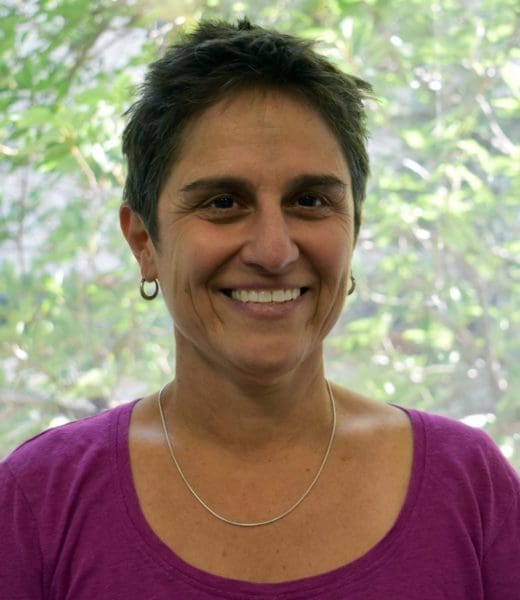
Lisa Handler, PhD, LMFT
Lisa Handler, PhD, LMFT
Lisa works with individuals and couples of all ages who are experiencing challenges in their lives and/or relationships. She enjoys working with a diverse group of clients and welcomes those…
Specialty Areas: LGBTQ+ Affirming, Life Transitions, Men's Issues, Relationship Issues, Self-Discovery/Self-Analysis, Veterans, Active Military, and Their Families, Women's Issues
View Profile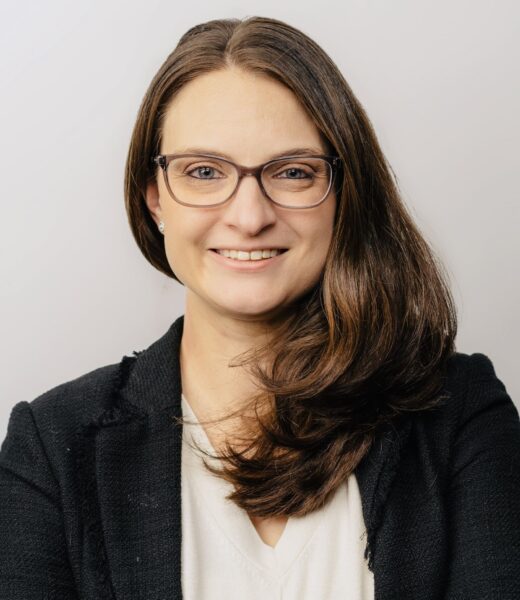
Amy Jones, MSW, MFT, LCSW
Amy Jones, MSW, MFT, LCSW
Amy Jones (she/her) is a Couples and Family Therapist, EMDRIA Certified Therapist, and Perinatal Mental Health Certified Therapist at the Council for Relationships (CFR), where she also serves as Director…
Specialty Areas: Community Trauma Response, Depression and Anxiety, Disabled People/People with Disabilities, Diversity Issues and Intermarriage, Interpersonal Violence/Abuse, Life Transitions, Post-Traumatic Stress Disorder, Relationship Issues, Self-Discovery/Self-Analysis, Trauma, Veterans, Active Military, and Their Families, Women's Issues, Work/Life Balance
View Profile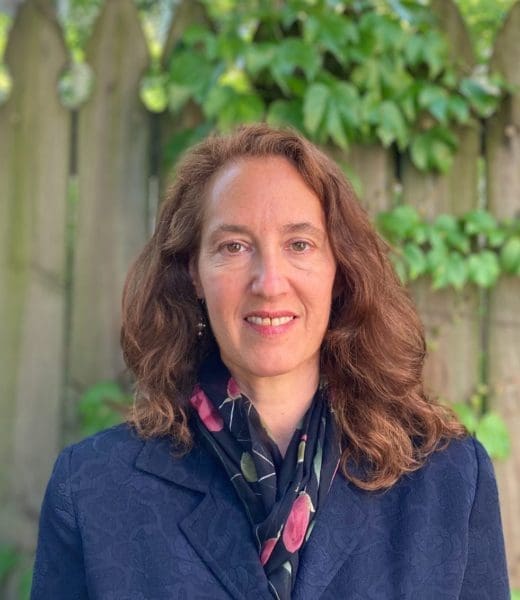
Carol Blum, M.Ed., CAC, MFT...
Carol Blum, M.Ed., CAC, MFT, LPC
Carol is an Individual, Couple, and Family Therapist who works with an integrative approach. This includes quieting the mind and calming the body through deep relaxation and mindfulness training. Carol…
Specialty Areas: Addiction and Substance Abuse, Depression and Anxiety, Grief, Loss, and Bereavement, Trauma, Veterans, Active Military, and Their Families
View Profile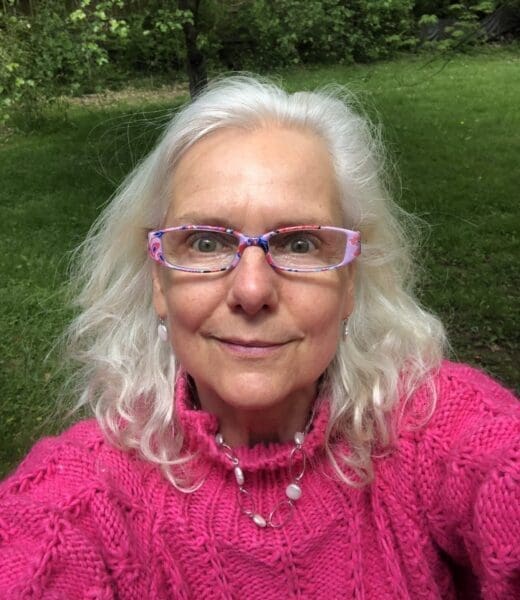
Kerstin Miller, MDiv, LMFT
Kerstin Miller, MDiv, LMFT
Ms. Miller is a licensed marriage and family therapist and AASECT-certified sex therapist with a Master’s Degree in Theology/Pastoral Counseling. Ms. Miller is a certified EMDR therapist. EMDR is a…
Specialty Areas: Chronic Pain, Communication, Depression and Anxiety, Relationship Issues, Sexual Difficulties, Stress, Trauma, Veterans, Active Military, and Their Families
View Profile
Ray-Ling Hou, MSN, MFT, LMFT
Ray-Ling Hou, MSN, MFT, LMFT
Ray-Ling Hou is an American Association for Marriage and Family Therapy approved supervisor and clinical fellow. Ms. Hou’s clinical and scholarly interests include: supervision and training, cultural diversity, social justice,…
Specialty Areas: Adoption, Affairs and Infidelity, Children with Special Needs, Depression and Anxiety, Diversity Issues and Intermarriage, Divorce, Grief, Loss, and Bereavement, Interpersonal Violence/Abuse, Parenting, Post-Traumatic Stress Disorder, Relationship Issues, Remarried/Blended Issues, Trauma
View Profile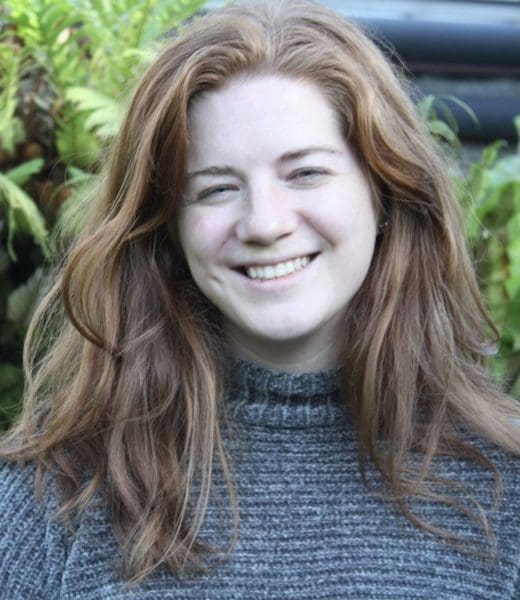
Tessa Kinsey, LMFT
Tessa Kinsey, LMFT
As a systemically oriented clinician, Tessa is attentive to her client’s social and relational contexts. Tessa employs a non-pathologizing approach that validates your unique context while holding hope for the…
Specialty Areas: Artists and Athletes, Communication, Depression and Anxiety, Grief, Loss, and Bereavement, LGBTQ+ Affirming, Life Transitions, Relationship Issues, Trauma, Women's Issues
View Profile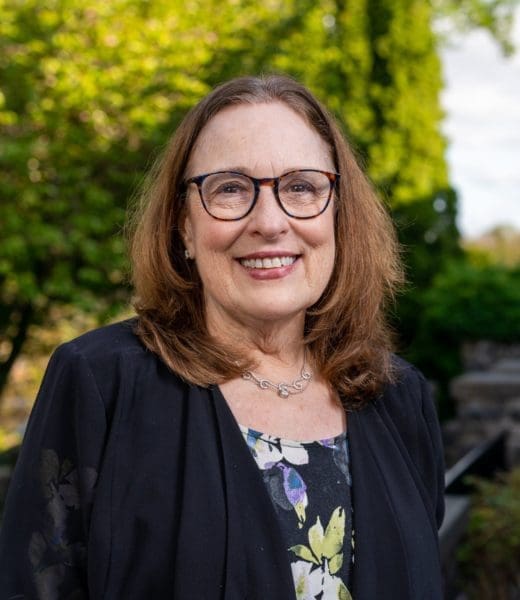
Susan Neumann Gordon, LSW, ...
Susan Neumann Gordon, LSW, MBA, LMFT
The therapist’s role is to create a safe and supportive environment in which clients can face and work on life’s challenges, which often occur at times of transition. Ms. Neumann…
Specialty Areas: Affairs and Infidelity, Communication, Diversity Issues and Intermarriage, Grief, Loss, and Bereavement, Life Transitions, Parenting, Relationship Issues, Remarried/Blended Issues, Trauma, Veterans, Active Military, and Their Families
View Profile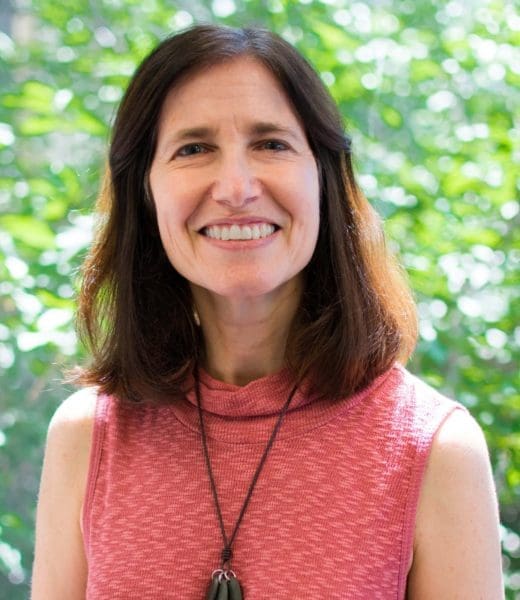
Tracey Tanenbaum, M.Ed, LMF...
Tracey Tanenbaum, M.Ed, LMFT, AS
The decision to seek therapy is a difficult one, whether you are facing challenges that have been with you for years or have more recently emerged. Ms. Tanenbaum will help…
Specialty Areas: Chronic Illness, Chronic Pain, Grief, Loss, and Bereavement, LGBTQ+ Affirming, Life Transitions, Self-Discovery/Self-Analysis, Veterans, Active Military, and Their Families, Women's Issues
View Profile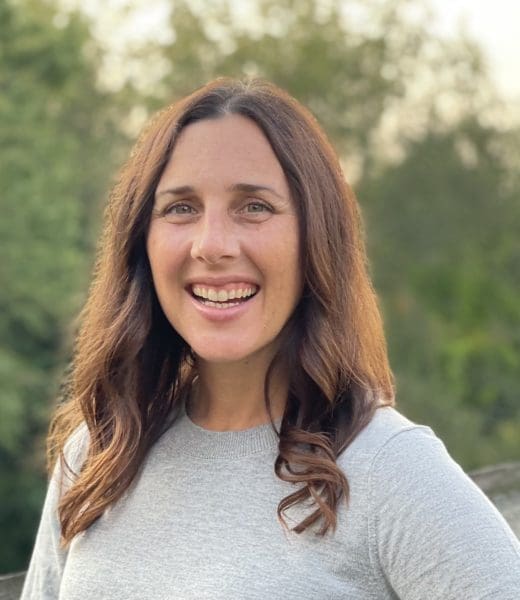
Kimberly Holt, MS, LMFT
Kimberly Holt, MS, LMFT
Kim Holt is a Couple and Family Therapist who is compassionate, thoughtful, and dynamic in her work with individuals, couples, and families. Kim is systemically trained and employs an integrative…
Specialty Areas: Addiction and Substance Abuse, Affairs and Infidelity, Communication, Depression and Anxiety, Grief, Loss, and Bereavement, Mood Disorders, Parenting, Relationship Issues, Veterans, Active Military, and Their Families
View Profile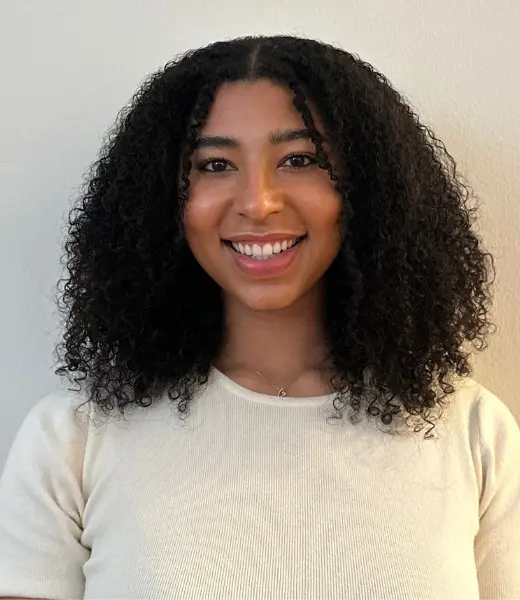
Sarah Bowman, M.Phil.Ed.
Sarah Bowman, M.Phil.Ed.
Figuring out who you are and how to live authentically can be one of life’s biggest challenges. Therapy can provide a supportive space to explore your story and discover what…
Specialty Areas: ADD and ADHD, Adoption, Affairs and Infidelity, Artists and Athletes, Career Counseling, Chronic Illness, Communication, Depression and Anxiety, Disabled People/People with Disabilities, Diversity Issues and Intermarriage, Divorce, Grief, Loss, and Bereavement, Learning Disorders, LGBTQ+ Affirming, Life Transitions, Men's Issues, Mood Disorders, OCD, Parenting, Post-Traumatic Stress Disorder, Relationship Issues, Remarried/Blended Issues, Self-Discovery/Self-Analysis, Sex and Love Addiction, Sexual Abuse, Sexual Difficulties, Stress, Technology, Trauma, Veterans, Active Military, and Their Families, Women's Issues, Work/Life Balance
View Profile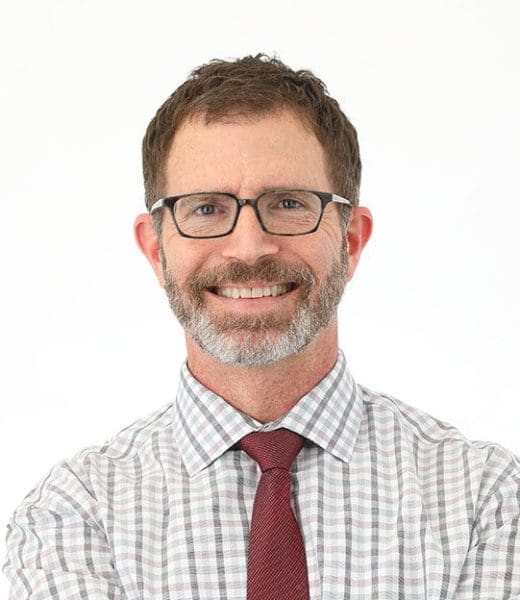
John McWilliams, MSS, LCSW
John McWilliams, MSS, LCSW
I am passionate about helping adults of all ages navigate the transitions in their lives, approaching my work from the perspective that we all seek to realize our full potential….
Specialty Areas: Addiction and Substance Abuse, LGBTQ+ Affirming, Relationship Issues, Sex and Love Addiction, Sexual Difficulties, Trauma
View Profile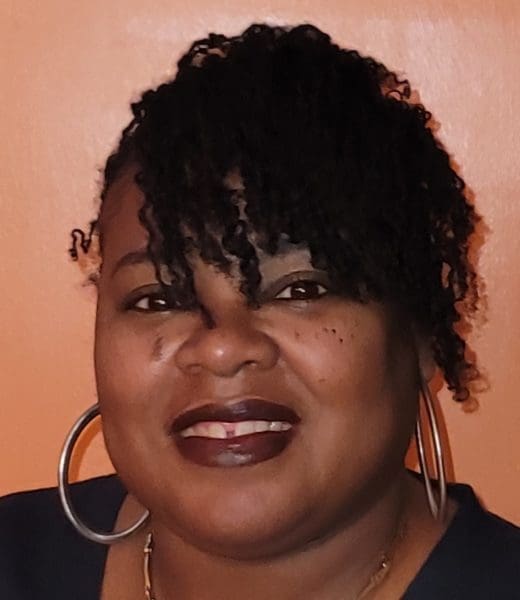
April Piercy, PhD, MFT
April Piercy, PhD, MFT
Dr. April Piercy is a pre-licensed Marriage & Family Therapist who has experience working with individuals, couples, families, and psychoeducational groups. Dr. Piercy has over 15 years of experience in…
Specialty Areas: Anger Management, Communication, Depression and Anxiety, Grief, Loss, and Bereavement, Interpersonal Violence/Abuse, Relationship Issues, Sexual Abuse, Stress, Trauma, Women's Issues
View Profile
April Westfall, PhD
April Westfall, PhD
April Westfall, PhD, (she/her/hers) is a licensed psychologist in PA and maintains and active and full clinical practice of adult individuals and couples at both our University City and Wynnewood…
Specialty Areas: Affairs and Infidelity, Chronic Illness, Communication, Depression and Anxiety, Diversity Issues and Intermarriage, Divorce, Grief, Loss, and Bereavement, LGBTQ+ Affirming, Life Transitions, Mood Disorders, Relationship Issues, Trauma, Veterans, Active Military, and Their Families
View Profile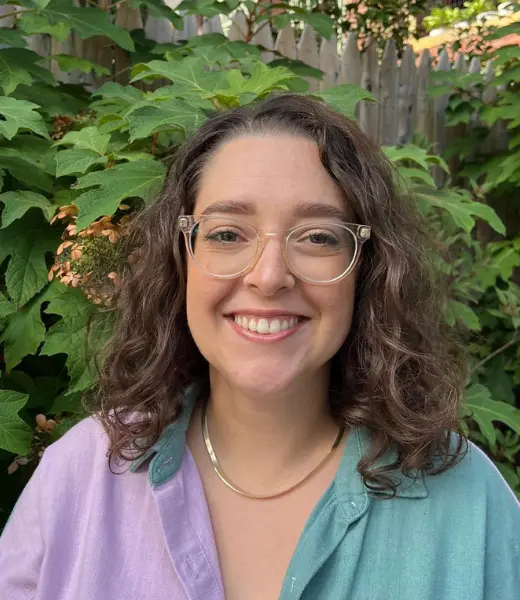
Lillian Freundlich, M.Ed.
Lillian Freundlich, M.Ed.
Quality therapy is an inherently collaborative process. As a therapist, I work alongside my clients to identify goals and motivations for therapy, always treating the client as the expert in…
Specialty Areas: ADD and ADHD, Chronic Illness, Communication, Depression and Anxiety, Disabled People/People with Disabilities, Divorce, Eating Disorders, Infertility, LGBTQ+ Affirming, Life Transitions, Relationship Issues, Remarried/Blended Issues, Self-Discovery/Self-Analysis, Stress, Technology, Trauma, Women's Issues, Work/Life Balance
View Profile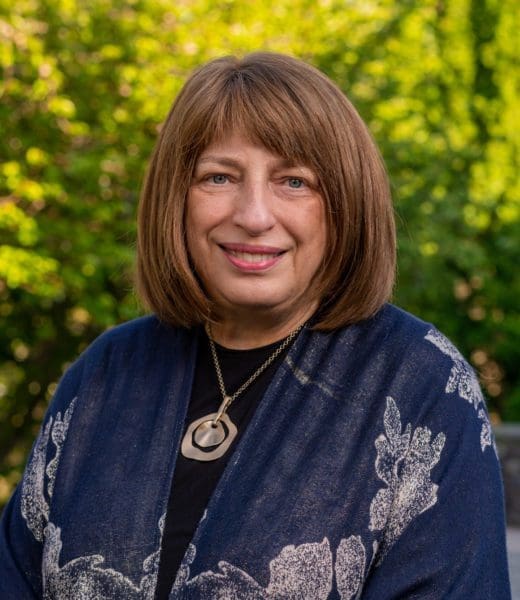
Bea Hollander-Goldfein, PhD...
Bea Hollander-Goldfein, PhD, LMFT, CCTP, APIT
Dr. Hollander-Goldfein is a licensed clinical psychologist and a licensed marriage and family therapist. Dr. Hollander-Goldfein has provided individual and relationship therapy for more than 30 years and specializes in…
Specialty Areas: Adoption, Affairs and Infidelity, Communication, Infertility, Post-Traumatic Stress Disorder, Relationship Issues, Sexual Difficulties, Trauma, Veterans, Active Military, and Their Families
View Profile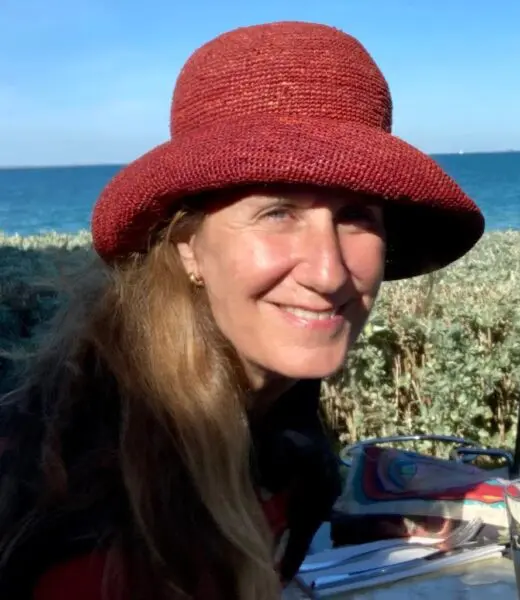
Dr. Martha S. Rinehart, MA,...
Dr. Martha S. Rinehart, MA, LMFT
Dr. Rinehart strives to help individuals, couples and families undergoing life transitions: those struggling with issues of identity, marriage, parenting, promotion, aging, retirement, and loss. Her goal is to empower clients…
Specialty Areas: Affairs and Infidelity, Communication, Depression and Anxiety, Divorce, Grief, Loss, and Bereavement, Infertility, LGBTQ+ Affirming, Life Transitions, Parenting, Relationship Issues, Remarried/Blended Issues, Self-Discovery/Self-Analysis, Stress, Veterans, Active Military, and Their Families
View Profile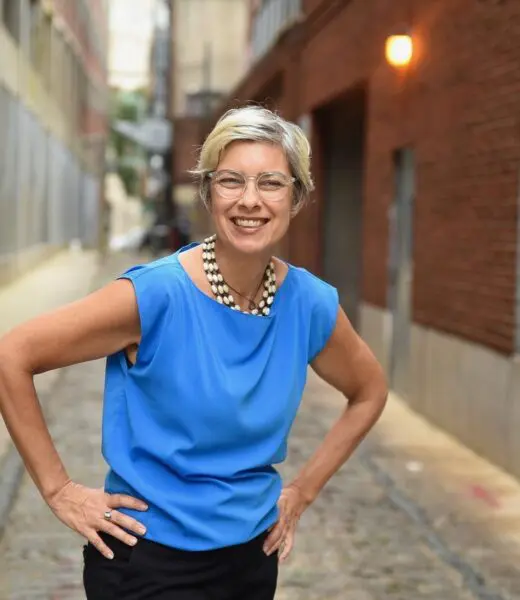
Kelly Davis, Esq., LSW
Kelly Davis, Esq., LSW
Do you ever feel that your heart and your mind want different things? In our sessions together, we will spend time with your different parts. Using the principles of Internal…
Specialty Areas: Affairs and Infidelity, Anger Management, Career Counseling, Communication, Community Partnerships Initiative, Divorce, Grief, Loss, and Bereavement, LGBTQ+ Affirming, Life Transitions, Men's Issues, Mood Disorders, Parenting, Post-Traumatic Stress Disorder, Relationship Issues, Self-Discovery/Self-Analysis, Stress, Trauma, Work/Life Balance
View Profile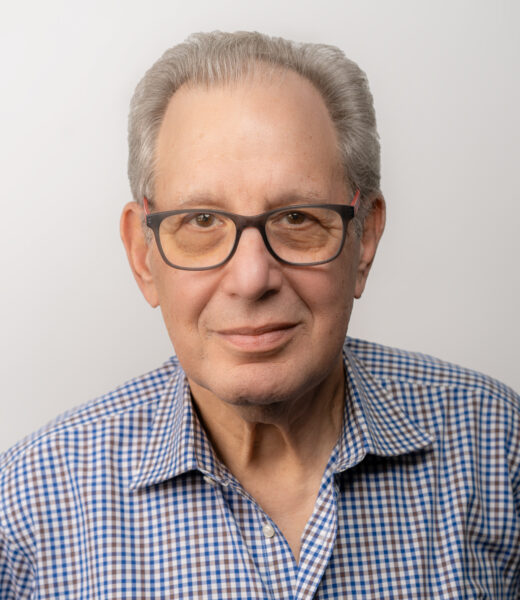
Kenneth W. Covelman, PhD
Kenneth W. Covelman, PhD
Dr. Covelman is a licensed clinical psychologist who maintains a diverse practice in individual, couples and family therapy. He has special interest and training in working with stepfamilies, families and couples…
Specialty Areas: ADD and ADHD, Children with Special Needs, Chronic Illness, Parenting, Relationship Issues, Veterans, Active Military, and Their Families
View Profile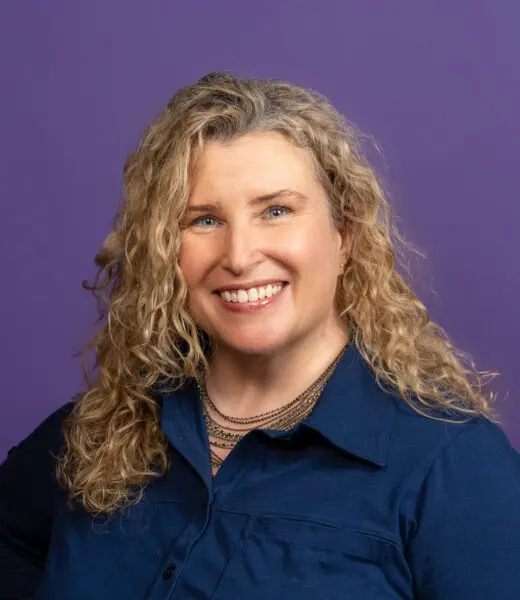
Kristine Seitz, MEd, MSW, LSW
Kristine Seitz, MEd, MSW, LSW
Beginning therapy can feel daunting, and I appreciate the vulnerability it takes to start. My work centers on intimacy, identity, and connection, helping people make sense of the places they…
Specialty Areas: Affairs and Infidelity, Depression and Anxiety, Grief, Loss, and Bereavement, LGBTQ+ Affirming, Men's Issues, Relationship Issues, Sexual Abuse, Sexual Difficulties, Technology, Trauma, Veterans, Active Military, and Their Families, Women's Issues
View Profile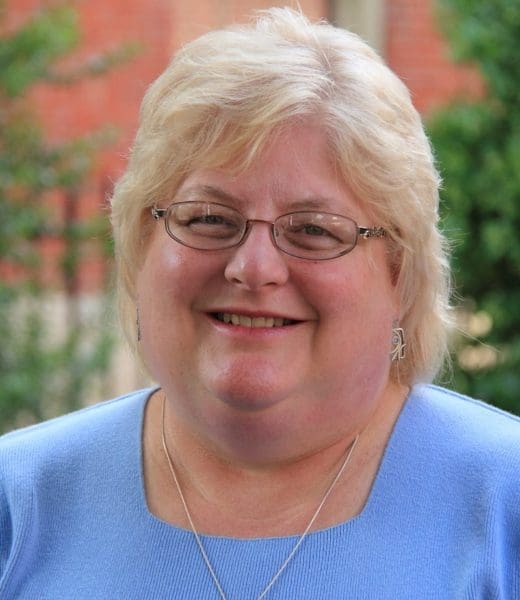
Wanda Sevey, MDiv, LMFT
Wanda Sevey, MDiv, LMFT
Wanda (she/her/hers) affirms that counseling is most effective when you ‘come as you are’ with all your strengths, challenges, life stories, and personality parts to explore, discover and heal. She…
Specialty Areas: Affairs and Infidelity, Anger Management, Chronic Pain, Communication, Depression and Anxiety, Diversity Issues and Intermarriage, LGBTQ+ Affirming, Life Transitions, Relationship Issues, Sexual Difficulties, Stress, Veterans, Active Military, and Their Families
View Profile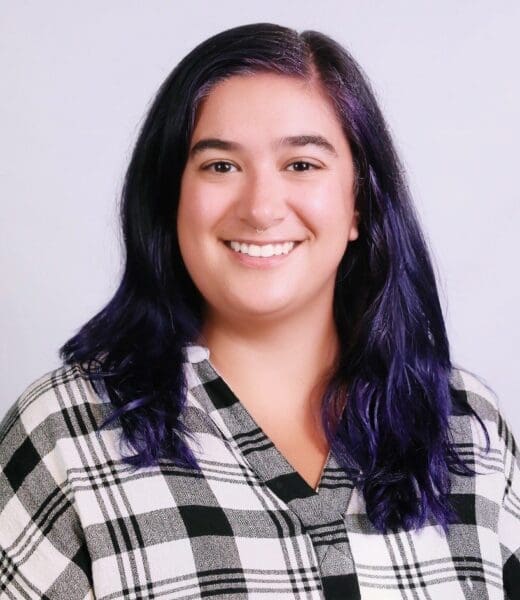
Nina Fortuna, LMFT
Nina Fortuna, LMFT
Nina Fortuna, LMFT, is a licensed relational therapist working with individuals, couples, and families to support their therapeutic goals. Nina is an EMDR-certified therapist. Nina has an innate curiosity for…
Specialty Areas: Depression and Anxiety, Post-Traumatic Stress Disorder, Relationship Issues, Self-Discovery/Self-Analysis, Stress, Trauma
View Profile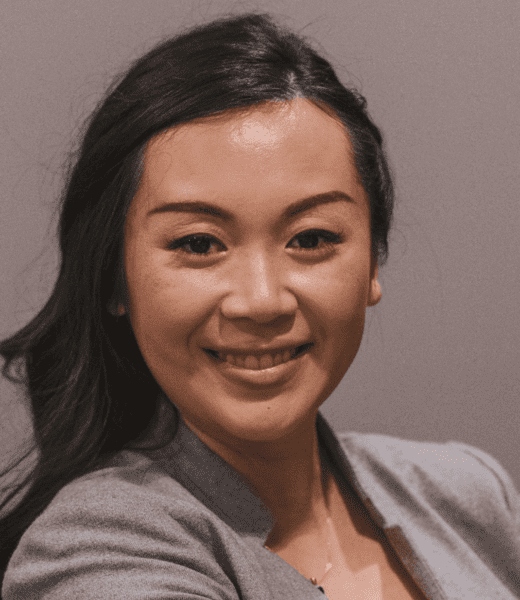
Becky Wu, MD
Becky Wu, MD
I am a board-certified psychiatrist dedicated to providing compassionate and evidence-based care. I offer comprehensive mental health care, including psychotherapy and medication treatment, based on your individual needs. I earned…
Specialty Areas: ADD and ADHD, Depression and Anxiety, Diversity Issues and Intermarriage, Grief, Loss, and Bereavement, Life Transitions, Mood Disorders, OCD, Self-Discovery/Self-Analysis, Women's Issues, Work/Life Balance
View Profile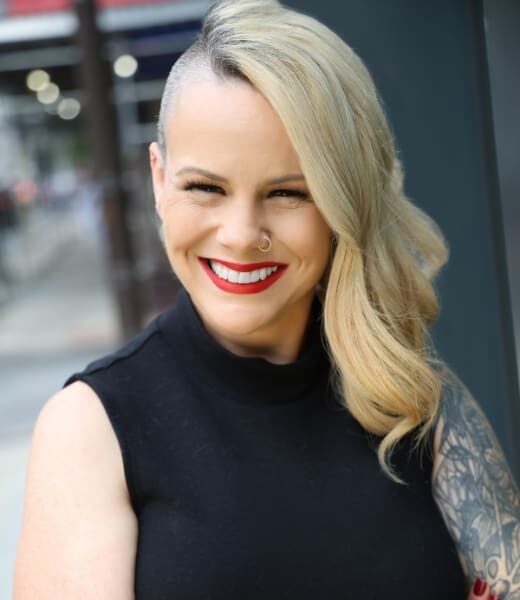
Cara Blouin, LPC
Cara Blouin, LPC
Have you ever heard someone say you need help? With an eyeroll. Like not being able to do everything on your own means that you have somehow failed at the…
Specialty Areas: LGBTQ+ Affirming, Post-Traumatic Stress Disorder, Relationship Issues, Trauma, Work/Life Balance
View Profile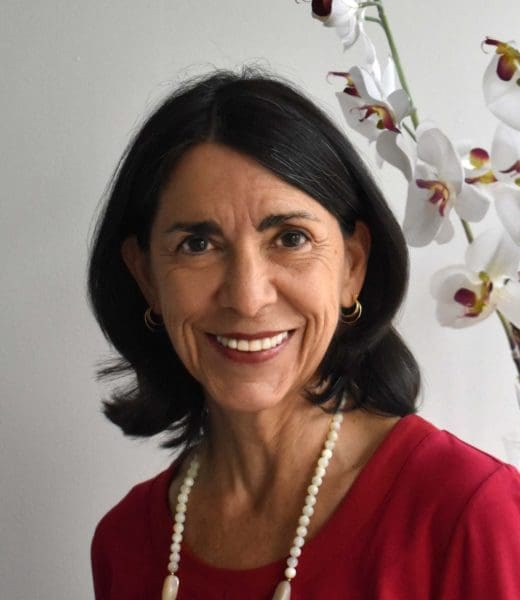
Michele M. Marsh, PhD
Michele M. Marsh, PhD
Dr. Marsh is a licensed psychologist and an AASECT-Certified sex therapist and sex therapy supervisor. Dr. Marsh focuses treatment on the specific needs of each individual, giving special attention to balancing the…
Specialty Areas: Affairs and Infidelity, Communication, Depression and Anxiety, Diversity Issues and Intermarriage, Divorce, Grief, Loss, and Bereavement, LGBTQ+ Affirming, Life Transitions, Parenting, Relationship Issues, Remarried/Blended Issues, Sex and Love Addiction, Sexual Abuse, Sexual Difficulties, Trauma, Veterans, Active Military, and Their Families
View Profile
Alexandra S. Macy, MD, MA
Alexandra S. Macy, MD, MA
Dr. Alexandra Sarah Macy is a licensed board-certified psychiatrist specializing in the treatment of mood disorders, anxiety disorders, reproductive psychiatry, intensive short-term psychodynamic therapy, cognitive behavioral therapy, interpersonal psychotherapy, psychodynamic…
Specialty Areas: ADD and ADHD, Anger Management, Chronic Illness, Communication, Depression and Anxiety, Grief, Loss, and Bereavement, Infertility, Life Transitions, Mood Disorders, OCD, Post-Traumatic Stress Disorder, Relationship Issues, Stress, Trauma, Women's Issues
View Profile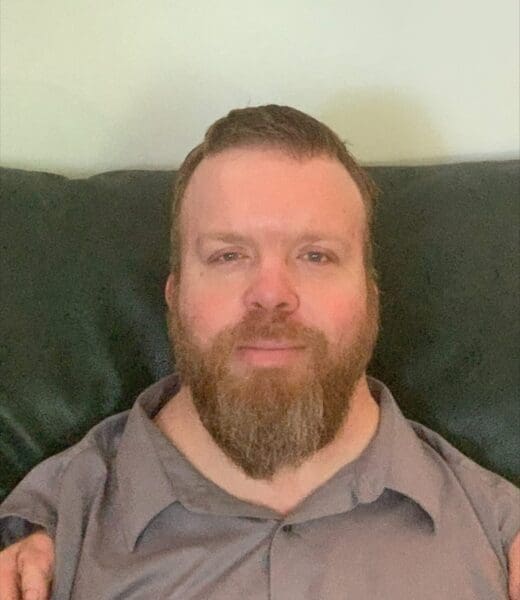
Matthew CP Purinton, LCSW
Matthew CP Purinton, LCSW
Mr. Purinton practices individual, couple and family therapy as a social worker. His experience and areas of interest include depression, anxiety, children who have lost a loved one, and palliative care…
Specialty Areas: Children with Special Needs, Chronic Illness, Chronic Pain, Depression and Anxiety, Grief, Loss, and Bereavement, Sex and Love Addiction, Veterans, Active Military, and Their Families
View Profile
Reid Cilley, MFT
Reid Cilley, MFT
Hello! I am Reid Cilley, a pre-licensed Marriage and Family Therapist who works with individuals, couples, and families to support them through their healing journeys. My goal is to provide…
Specialty Areas: ADD and ADHD, Artists and Athletes, Communication, Depression and Anxiety, LGBTQ+ Affirming, Life Transitions, Relationship Issues, Self-Discovery/Self-Analysis, Stress, Trauma, Women's Issues
View Profile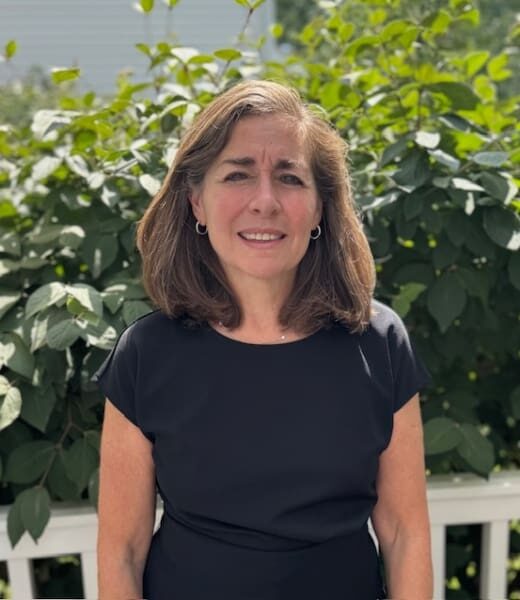
Judy Chasin, PhD, MFT
Judy Chasin, PhD, MFT
Welcome, and thank you for your interest in learning more about my practice. I work collaboratively with clients to create a safe, supportive, and non-judgmental space where together we can…
Specialty Areas: Adoption, Communication, Depression and Anxiety, Grief, Loss, and Bereavement, Life Transitions, Parenting, Relationship Issues, Self-Discovery/Self-Analysis, Women's Issues, Work/Life Balance
View Profile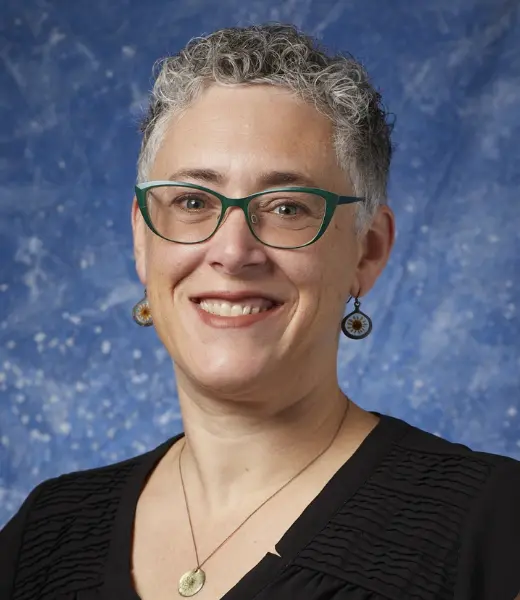
Karen Levinson, PhD
Karen Levinson, PhD
Dr. Karen Levinson is a licensed Clinical Psychologist with over 20 years of experience working in the mental health field in a variety of settings including college counseling, private practice,…
Specialty Areas: Career Counseling, Chronic Illness, Communication, Depression and Anxiety, Diversity Issues and Intermarriage, Eating Disorders, Grief, Loss, and Bereavement, Interpersonal Violence/Abuse, Life Transitions, Mood Disorders, Post-Traumatic Stress Disorder, Stress, Trauma, Women's Issues, Work/Life Balance
View Profile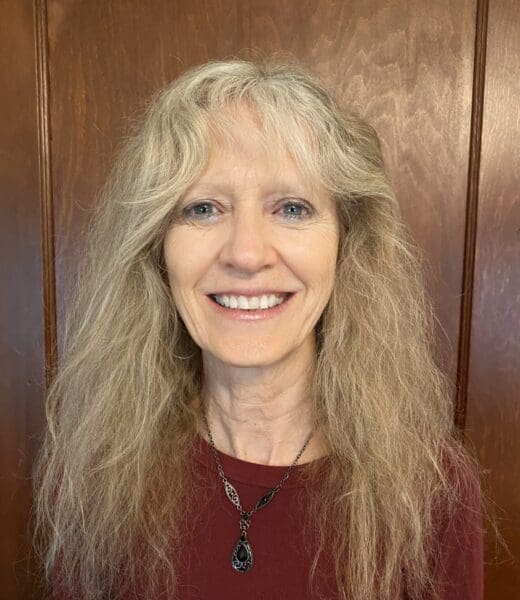
Patty Peach, LMFT
Patty Peach, LMFT
Ms. Peach has been practicing as a therapist for more than 30 years, working with individuals, couples, families, and children. Her areas of expertise include anxiety, depression, trauma, grief and…
Specialty Areas: Depression and Anxiety, Grief, Loss, and Bereavement, Life Transitions, Men's Issues, Relationship Issues, Trauma, Women's Issues
View Profile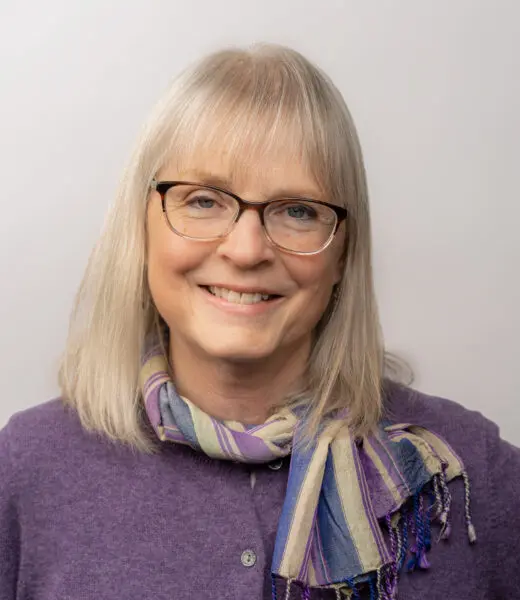
Sara J. Corse, PhD
Sara J. Corse, PhD
Dr. Corse is a dynamic clinical psychologist with over 30 years of experience working with individuals, couples and families. Clients are drawn to Dr. Corse for her engaging style, her…
Specialty Areas: Affairs and Infidelity, Chronic Illness, Communication, Community Partnerships Initiative, Community Trauma Response, Depression and Anxiety, Diversity Issues and Intermarriage, Grief, Loss, and Bereavement, Life Transitions, Mood Disorders, Parenting, Post-Traumatic Stress Disorder, Relationship Issues, Remarried/Blended Issues, Stress, Trauma, Veterans, Active Military, and Their Families, Women's Issues
View Profile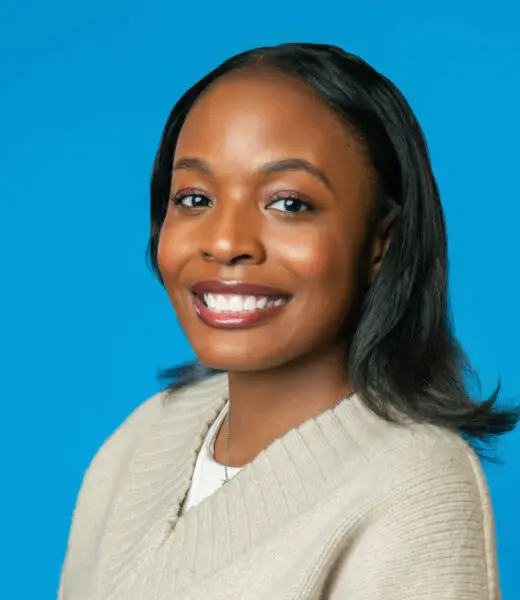
Davina Scott, MSW
Davina Scott, MSW
If you’re feeling like the weight of your past is becoming too heavy to carry alone, you’re in the right place. In our work together, I’ll offer a supportive and…
Specialty Areas: Addiction and Substance Abuse, Communication, Depression and Anxiety, Grief, Loss, and Bereavement, Life Transitions, OCD, Post-Traumatic Stress Disorder, Relationship Issues, Self-Discovery/Self-Analysis, Stress, Trauma, Work/Life Balance
View Profile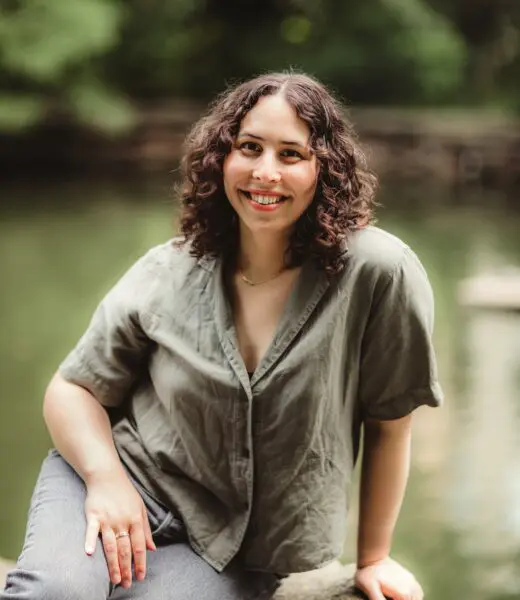
Lenny Schnier, LSW
Lenny Schnier, LSW
I am passionate about helping clients strengthen connections, whether with themself, with others, or both. I have an integrative approach to therapy, which means I adapt the therapeutic process to…
Specialty Areas: Artists and Athletes, Chronic Illness, Communication, Community Partnerships Initiative, Depression and Anxiety, Grief, Loss, and Bereavement, LGBTQ+ Affirming, Life Transitions, Relationship Issues, Self-Discovery/Self-Analysis, Stress, Trauma, Women's Issues, Work/Life Balance
View Profile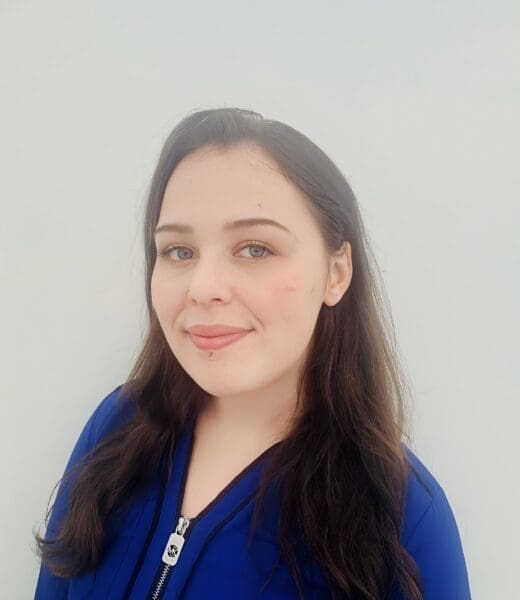
Lia Pezzato, MFT
Lia Pezzato, MFT
Hello, I am Lia, a pre-licensed Marriage and Family Therapist. You have come to the right place if you have been sitting with discomforting feelings and need additional support. I…
Specialty Areas: Communication, Depression and Anxiety, Eating Disorders, LGBTQ+ Affirming, Life Transitions, Parenting, Relationship Issues, Remarried/Blended Issues, Self-Discovery/Self-Analysis, Stress, Work/Life Balance
View Profile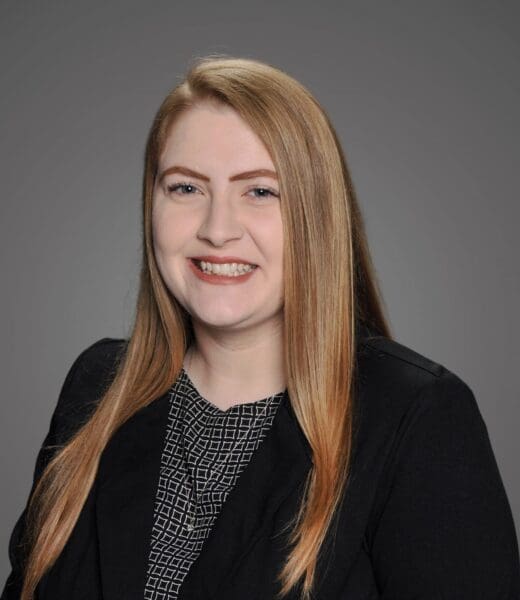
Meghan Rydzewski, MFT
Meghan Rydzewski, MFT
Coming to terms with our feelings and confronting our emotions alone can feel challenging. If you feel stuck, anxious, or isolated in any area of your life, you have come…
Specialty Areas: Affairs and Infidelity, Career Counseling, Communication, Depression and Anxiety, Divorce, Eating Disorders, Grief, Loss, and Bereavement, LGBTQ+ Affirming, Life Transitions, Mood Disorders, OCD, Post-Traumatic Stress Disorder, Relationship Issues, Remarried/Blended Issues, Self-Discovery/Self-Analysis, Stress, Trauma, Women's Issues, Work/Life Balance
View Profile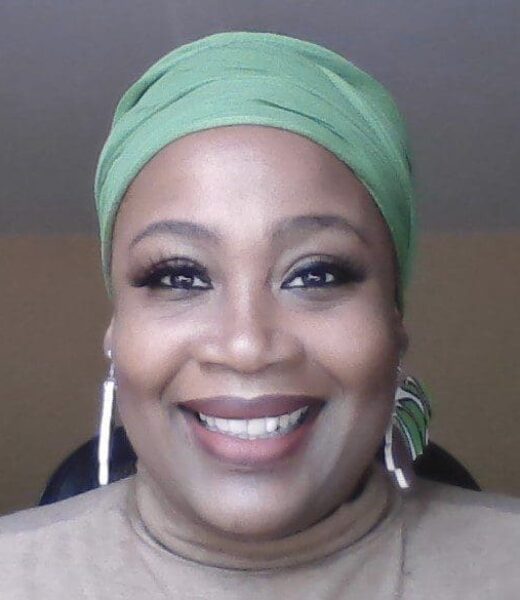
Stephanie Jacobs, EdS, PhD,...
Stephanie Jacobs, EdS, PhD, LMFT
Dr. Stephanie Jacobs is a licensed marriage and family therapist (NJ/PA) and encourages healthy relationships with God, self, and others. Assuming that people and relationships have the capacity to cope,…
Specialty Areas: Communication, Diversity Issues and Intermarriage, Grief, Loss, and Bereavement, Life Transitions, Premarital Issues, Relationship Issues, Stress, Trauma, Women's Issues, Work/Life Balance
View Profile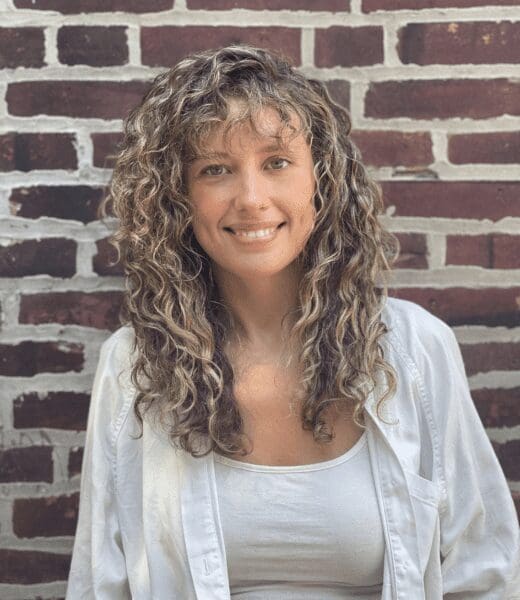
Sarafina Kietzman-Nicklin, ...
Sarafina Kietzman-Nicklin, LMFT
Sarafina has a Masters in Family Therapy from Thomas Jefferson University. There, she focused on a systemic approach to therapy that allows her to examine the whole of people’s life…
Specialty Areas: Addiction and Substance Abuse, Affairs and Infidelity, Depression and Anxiety, Divorce, Life Transitions, Mood Disorders, Relationship Issues, Remarried/Blended Issues, Self-Discovery/Self-Analysis, Sexual Difficulties, Stress, Trauma, Women's Issues
View Profile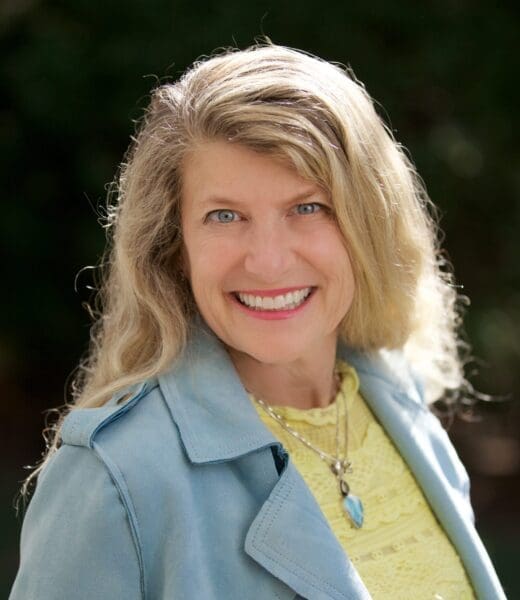
Esther Schlessinger-Mita, PhD
Esther Schlessinger-Mita, PhD
Dr. Schlessinger-Mita is a licensed psychologist in Pennsylvania who has been a therapist for over 30 years. Her areas of special clinical expertise include working with individuals to cope with…
Specialty Areas: Affairs and Infidelity, Depression and Anxiety, Divorce, Life Transitions, Mood Disorders, Parenting, Relationship Issues, Remarried/Blended Issues, Veterans, Active Military, and Their Families
View Profile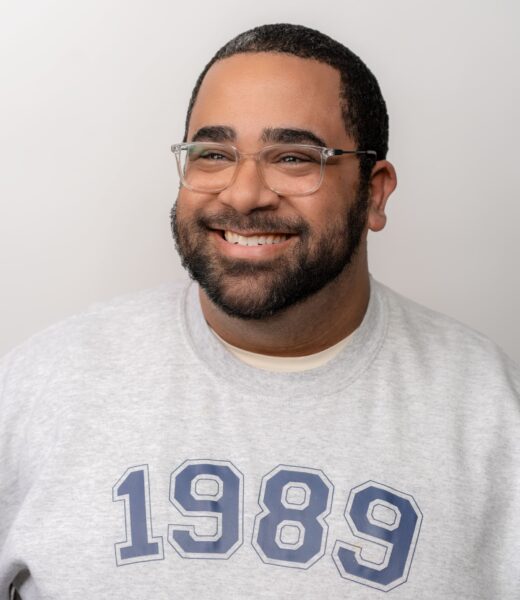
Allen-Michael Lewis, LMFT, ...
Allen-Michael Lewis, LMFT, MS, AS
Allen Lewis, LMFT, AS is a Licensed Marriage & Family Therapist and AAMFT Approved Clinical Supervisor providing tele-therapy services to clients in PA, NJ, DE, FL, and NY. Allen is…
Specialty Areas: Adoption, Diversity Issues and Intermarriage, LGBTQ+ Affirming, Life Transitions, Men's Issues, Self-Discovery/Self-Analysis, Sexual Abuse, Veterans, Active Military, and Their Families, Work/Life Balance
View Profile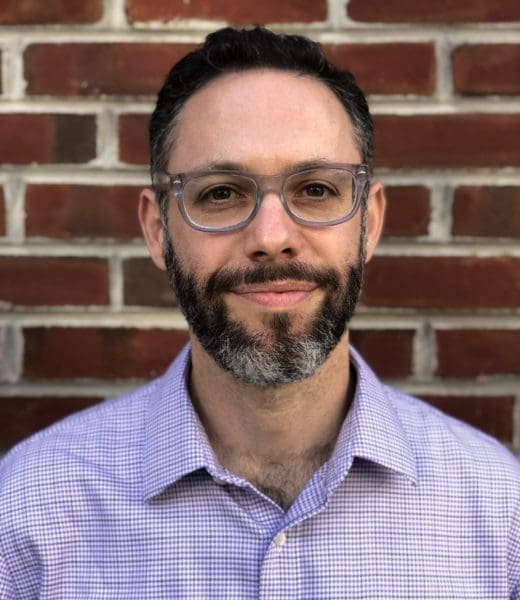
Eric Devon, MD
Eric Devon, MD
Dr. Eric Devon attended medical school at the University of Miami Miller School of Medicine, graduating in 2010. He went on to complete his General Psychiatry Residency at the University…
Specialty Areas: Addiction and Substance Abuse, Chronic Illness, Depression and Anxiety, Mood Disorders, Post-Traumatic Stress Disorder, Veterans, Active Military, and Their Families
View Profile
Lucy S. Raizman, MSW, LCSW,...
Lucy S. Raizman, MSW, LCSW, LMFT, CST
Ms. Raizman has over 30 years of experience working with individuals, couples and families as a licensed clinical social worker, licensed marriage and family therapist, and sex therapist. Her areas…
Specialty Areas: Affairs and Infidelity, Divorce, Life Transitions, Sex and Love Addiction, Sexual Difficulties, Stress, Trauma, Veterans, Active Military, and Their Families
View Profile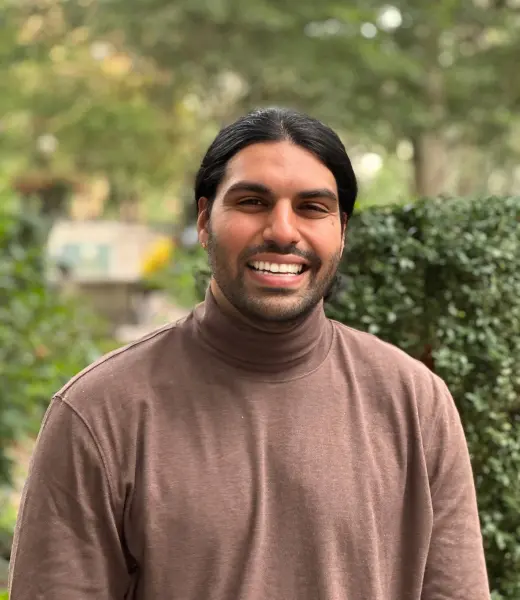
Jagkirpal Channa, MS, LMFT
Jagkirpal Channa, MS, LMFT
Sometimes, life challenges us with painful experiences that can overwhelm us. These deep and untreated wounds can hinder one’s ability to be one’s true authentic self and live an empowered…
Specialty Areas: Affairs and Infidelity, Anger Management, Career Counseling, Communication, Community Partnerships Initiative, Depression and Anxiety, Diversity Issues and Intermarriage, Divorce, Grief, Loss, and Bereavement, Interpersonal Violence/Abuse, Life Transitions, Men's Issues, Mood Disorders, Post-Traumatic Stress Disorder, Relationship Issues, Remarried/Blended Issues, Self-Discovery/Self-Analysis, Sex and Love Addiction, Stress, Trauma, Work/Life Balance
View Profile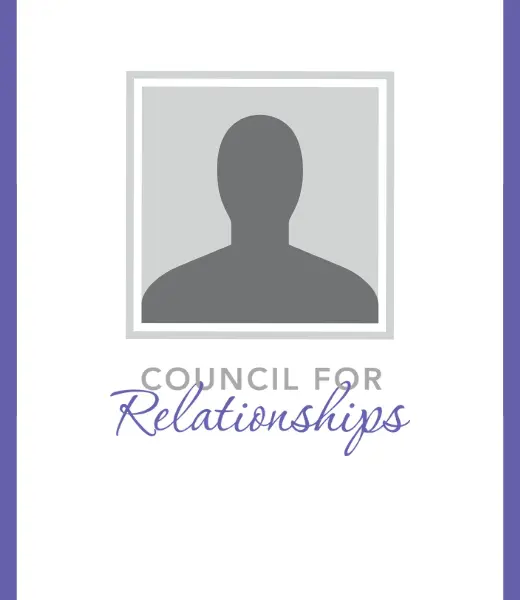
Peggy Roth, MSEd, LMFT
Peggy Roth, MSEd, LMFT
Ms. Roth is a licensed marriage and family therapist. She works with individuals and couples and focuses on problems of anxiety, trauma, depression, parenting issues, loss, and uses EMDR extensively. Ms….
Specialty Areas: Depression and Anxiety, Grief, Loss, and Bereavement, Mood Disorders, Parenting, Stress, Trauma, Veterans, Active Military, and Their Families
View Profile
Florda Priftanji, LMFT
Florda Priftanji, LMFT
Whether you are working to smooth life transitions or build emotional stability, therapy is a resource that can offer guidance. Florda is an integrative therapist that empowers individuals to gain…
Specialty Areas: Communication, Depression and Anxiety, Life Transitions, Relationship Issues, Self-Discovery/Self-Analysis, Stress, Veterans, Active Military, and Their Families
View Profile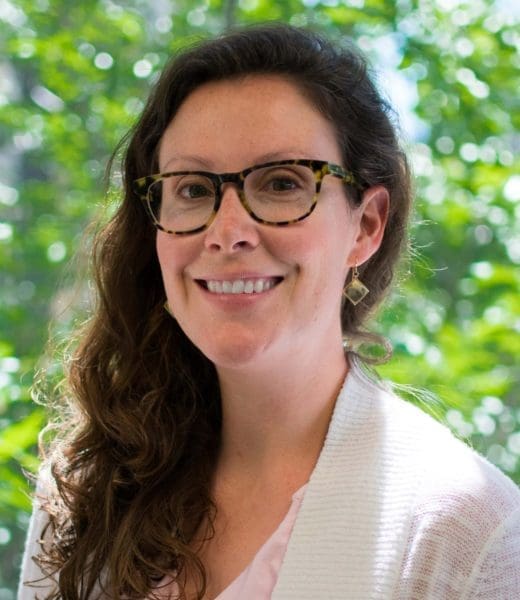
Caitlin Rice, MSS, LCSW
Caitlin Rice, MSS, LCSW
Caitlin Rice is a licensed clinical social worker and graduate of Bryn Mawr College School of Social Work and Social Research. She is a warm, authentic, and compassionate therapist. Caitlin…
Specialty Areas: Children with Special Needs, Chronic Illness, Communication, Depression and Anxiety, LGBTQ+ Affirming, Life Transitions, Relationship Issues, Stress
View Profile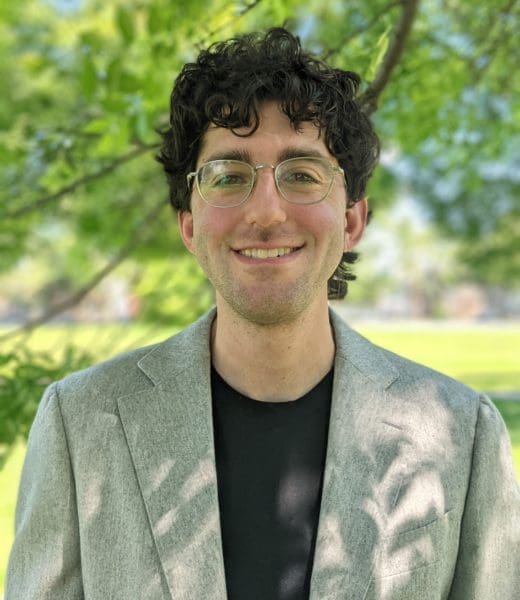
Mike Butera, LMFT
Mike Butera, LMFT
Mike supports the mental and relational wellness of individuals, couples, and families. He provides unique and creative ways to guide therapy participants through life’s inevitable challenges. He shapes space for…
Specialty Areas: Artists and Athletes, Communication, Community Partnerships Initiative, Community Trauma Response, Depression and Anxiety, Divorce, Life Transitions, Men's Issues, Relationship Issues, Self-Discovery/Self-Analysis, Trauma, Veterans, Active Military, and Their Families
View Profile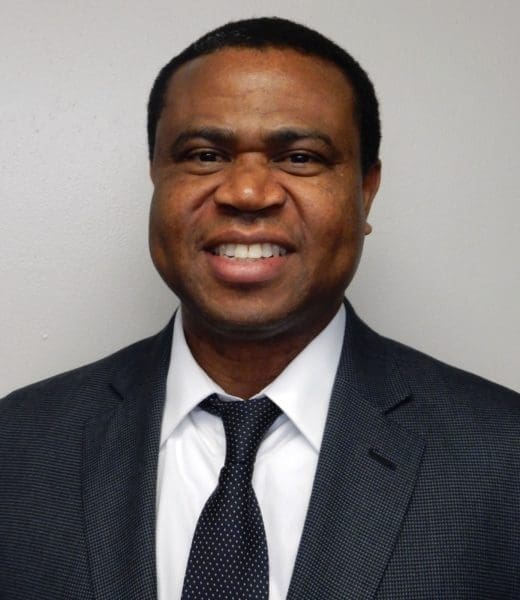
Charles C. Muorah, PhD, STL...
Charles C. Muorah, PhD, STL, LMFT
Therapy is where healing begins and caring never stops. If you’re willing to share, I’ve got a compassionate heart and emotional ears to listen to. My therapy goal is to…
Specialty Areas: Affairs and Infidelity, Anger Management, Communication, Depression and Anxiety, Diversity Issues and Intermarriage, Divorce, Grief, Loss, and Bereavement, Life Transitions, Parenting, Relationship Issues, Remarried/Blended Issues, Sexual Abuse, Stress, Trauma, Veterans, Active Military, and Their Families
View Profile
Elyse Stein Batoff, MA, LMFT
Elyse Stein Batoff, MA, LMFT
Ms. Batoff is a licensed psychologist and licensed marriage and family therapist. Ms. Batoff works with individuals, couples, and families, and focuses on areas of rebuilding intimacy, sexuality, the aftermath of affairs,…
Specialty Areas: Affairs and Infidelity, Communication, Depression and Anxiety, Divorce, Mood Disorders, Relationship Issues, Remarried/Blended Issues, Sex and Love Addiction, Sexual Abuse, Sexual Difficulties, Trauma, Women's Issues
View Profile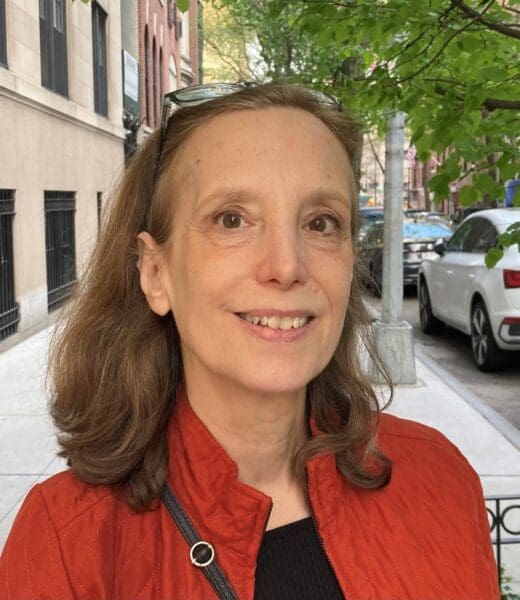
Barbara Barry, MEd, LMFT
Barbara Barry, MEd, LMFT
Barbara Barry is a sensitive, and caring therapist, affirming each person’s capacity for change and growth. Her approach is grounded in compassion, non-judgmental presence and collaboration. She supports clients as…
Specialty Areas: Addiction and Substance Abuse, Communication, Relationship Issues, Remarried/Blended Issues, Self-Discovery/Self-Analysis, Trauma, Veterans, Active Military, and Their Families, Women's Issues
View Profile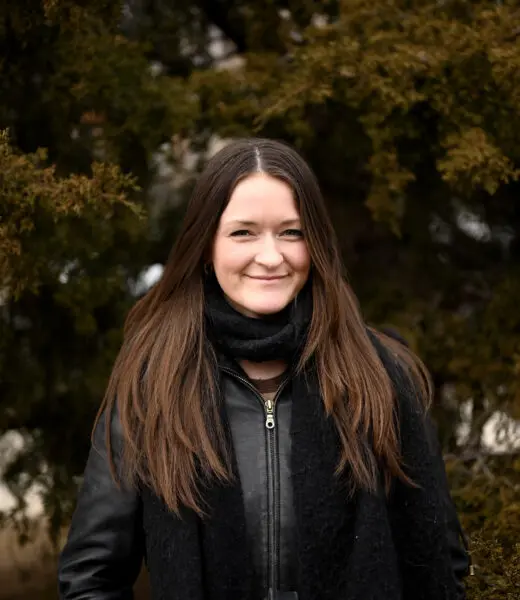
Hannah Reiss, MFT
Hannah Reiss, MFT
Hi there! I’m Hannah, a systemically trained therapist passionate about helping people find meaning, alignment, and contentment in their lives. I understand that the issues you bring into therapy are…
Specialty Areas: Affairs and Infidelity, Anger Management, Communication, Depression and Anxiety, LGBTQ+ Affirming, Relationship Issues, Self-Discovery/Self-Analysis, Stress, Technology, Trauma, Work/Life Balance
View Profile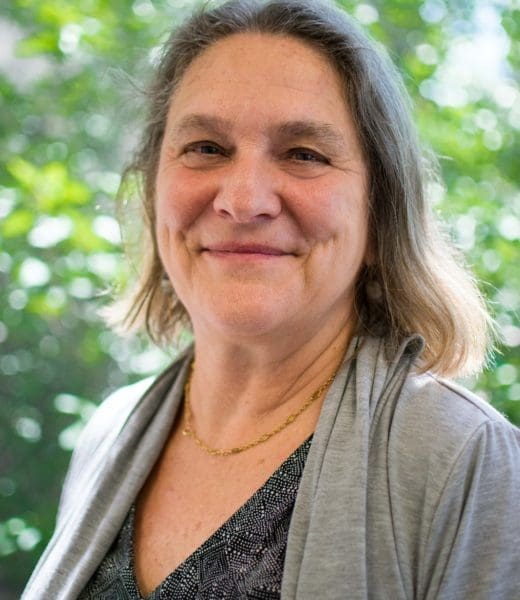
Michele Southworth, JD, LMFT
Michele Southworth, JD, LMFT
Ms. Southworth is a licensed marriage and family therapist and a divorce mediator, with more than 30 years’ experience. She is trained in EMDR, a form of therapy that is helpful…
Specialty Areas: Artists and Athletes, Career Counseling, Divorce, Grief, Loss, and Bereavement, Life Transitions, Men's Issues, Post-Traumatic Stress Disorder, Self-Discovery/Self-Analysis, Trauma, Veterans, Active Military, and Their Families, Women's Issues
View Profile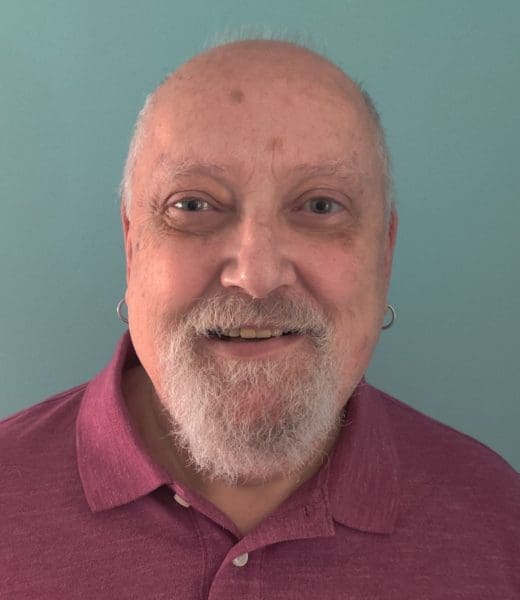
David MacFarlane, MEd
David MacFarlane, MEd
David MacFarlane, MEd is a Licensed Psychologist. Mr. MacFarlane graduated with a Master’s in Counseling Psychology from Temple University and has been licensed in Pennsylvania since 1993. He studied Comprehensive…
Specialty Areas: Communication, Depression and Anxiety, LGBTQ+ Affirming, Men's Issues, Parenting, Relationship Issues, Remarried/Blended Issues
View Profile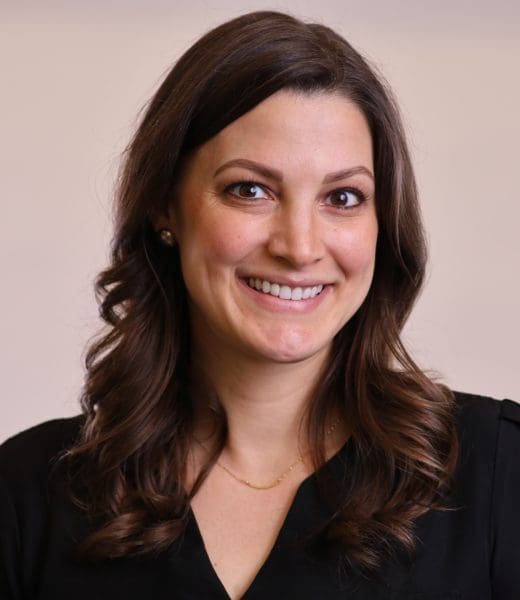
Marissa Kos, LSW, RN
Marissa Kos, LSW, RN
Marissa works with individuals as they navigate challenging emotional experiences or life circumstances by offering a safe environment to explore contributing dynamics and factors. She believes that her clients know…
Specialty Areas: Chronic Illness, Communication, Depression and Anxiety, Grief, Loss, and Bereavement, LGBTQ+ Affirming, Life Transitions, Women's Issues
View Profile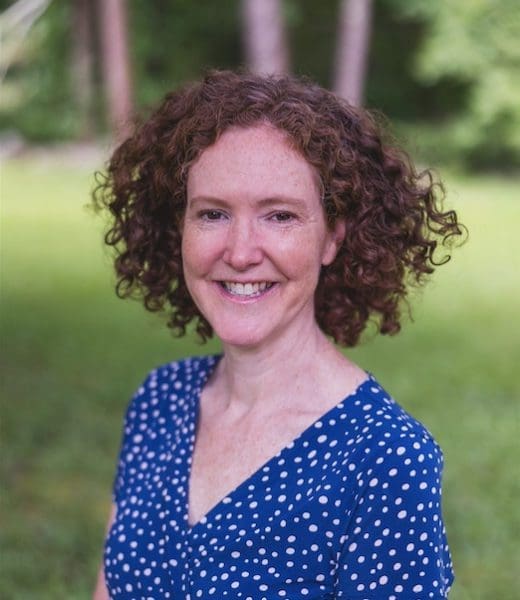
Maura Dunfey, DO
Maura Dunfey, DO
Dr. Maura Dunfey is board certified in General Psychiatry and Child and Adolescent Psychiatry, and has an additional certification as a Child and Family Therapist. Dr. Dunfey provides comprehensive evaluations of…
Specialty Areas: ADD and ADHD, Depression and Anxiety, OCD
View Profile